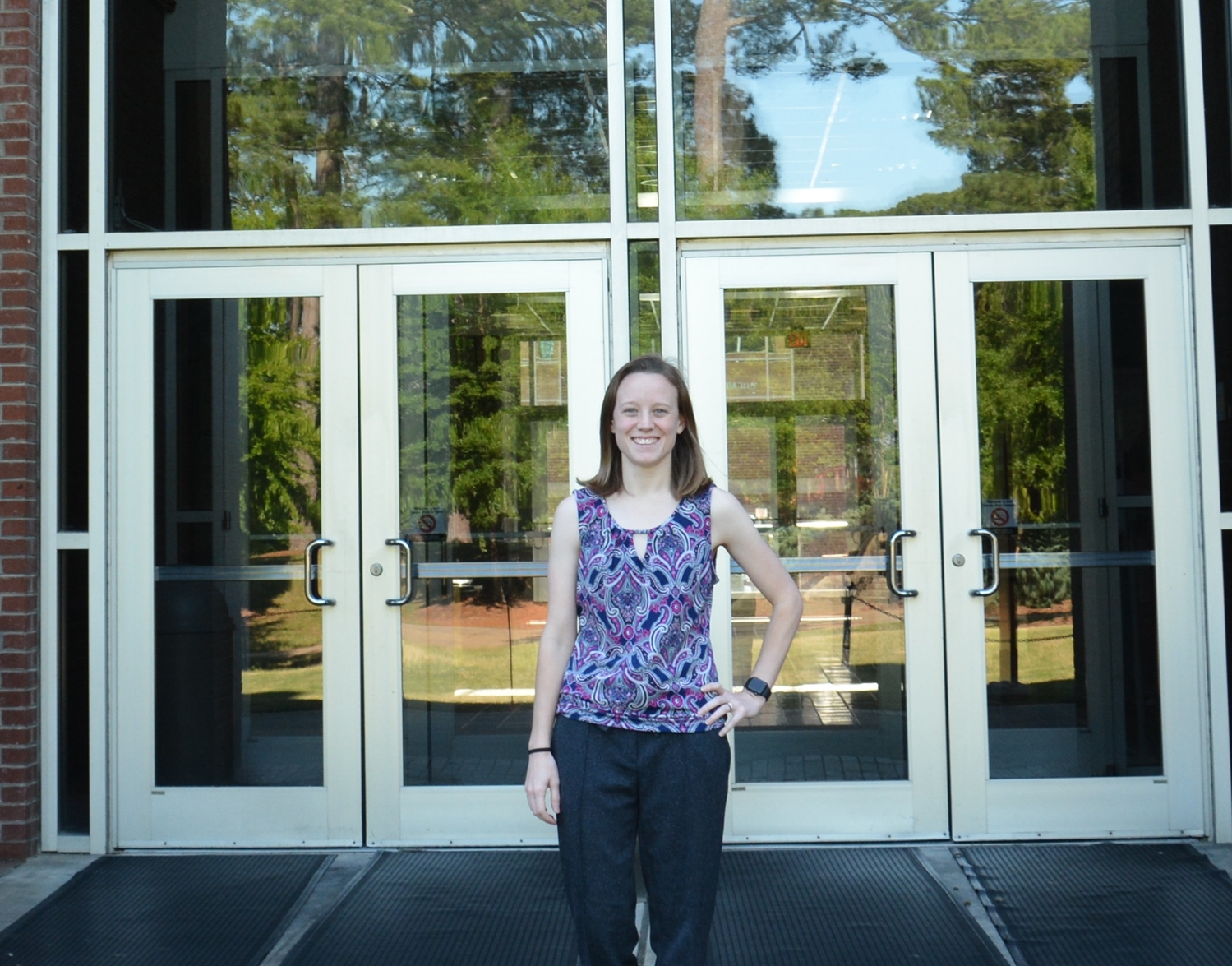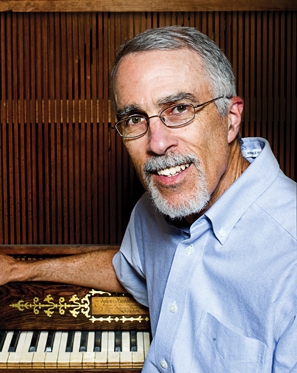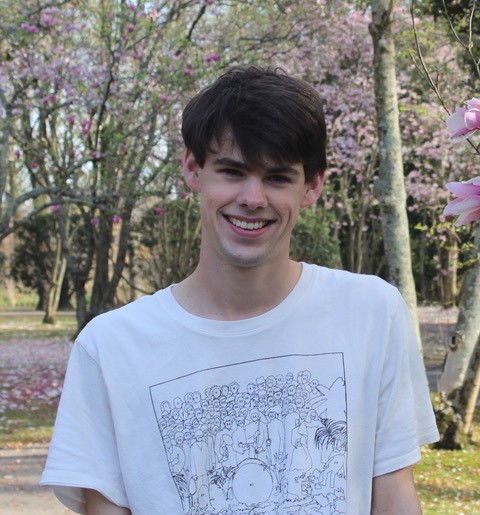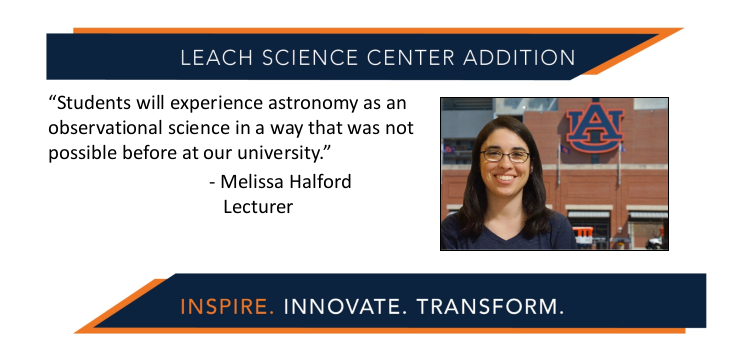
COSAM Today is a newsletter that provides alumni and friends of the Auburn University College of Sciences and Mathematics, or COSAM, with a smart way to stay on top of the latest news and updates from the college.
Tuesday, May 28, 2019
1

“I am truly excited to have been elected by my peers in the area of electron donor-acceptor chemistry to chair this seminar,” Alex shared. “My co-chair and I are particularly excited to plan a panel with career chemists to discuss the importance of science communication with the opportunity for graduate students and post docs to learn ways to improve their communication skills.” Read more about Alex Bredar being the Co-Chair for this important seminar.
2

“It is an honor to be recognized as a fellow of this respected organization that provides a platform for theoretical and applied knowledge, and has set a high standard for acoustical science for the past 90 years,” said Dean Giordano. Learn more about Dean Giordano as a Fellow of the Acoustical Society of America.
3

"This summer I will be working on a project focused on improving the security of the cyber and communication systems supporting U.S. Department of Energy infrastructure,” Davis explained. “Under the leadership of my mentor Dr. Nicholas Peters, I will work to explore the possibilities and challenges of deploying quantum key distribution in our current infrastructure.” Learn more about this impressive summer internship for Davis.
4

“DNA Day is a great way to highlight science to students and our alumni,” explained Dr. Scott Santos. “Our department shared facts about DNA that increased awareness and importance of our field.” Check out the posts from DNA Day.
5

COSAM faculty were recognized at a luncheon for their advancement. From receiving tenure to being promoted to a senior lecturer, we congratulate these 10 faculty.
6

Dr. Duin, a professor in the Department of Chemistry and Biochemistry, shared insight about the current helium shortage impacting not just balloons, but essential healthcare. Read his expert answers and check out this article on Forbes.com that includes his insight.
7

“The astronomy classroom will be a great teaching tool,” Dr. Halford added. “Students will be able to control the telescopes using computers and look at their images as they come in. They'll experience astronomy as an observational science in a way that was not possible before at our university.” Read more about how the Leach Science Center will transform learning.